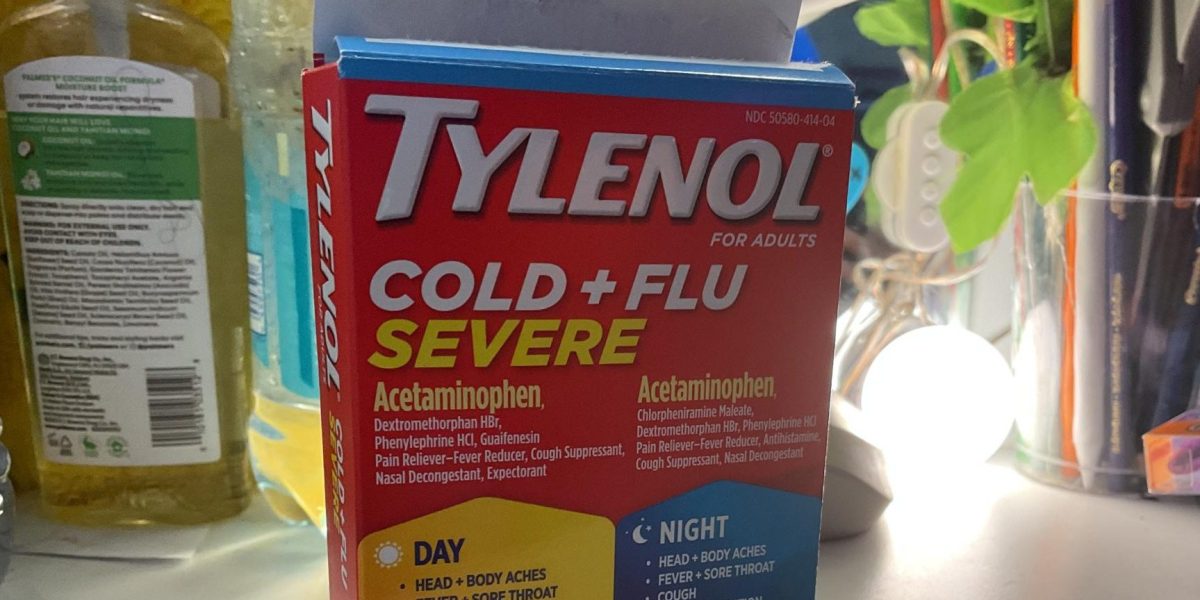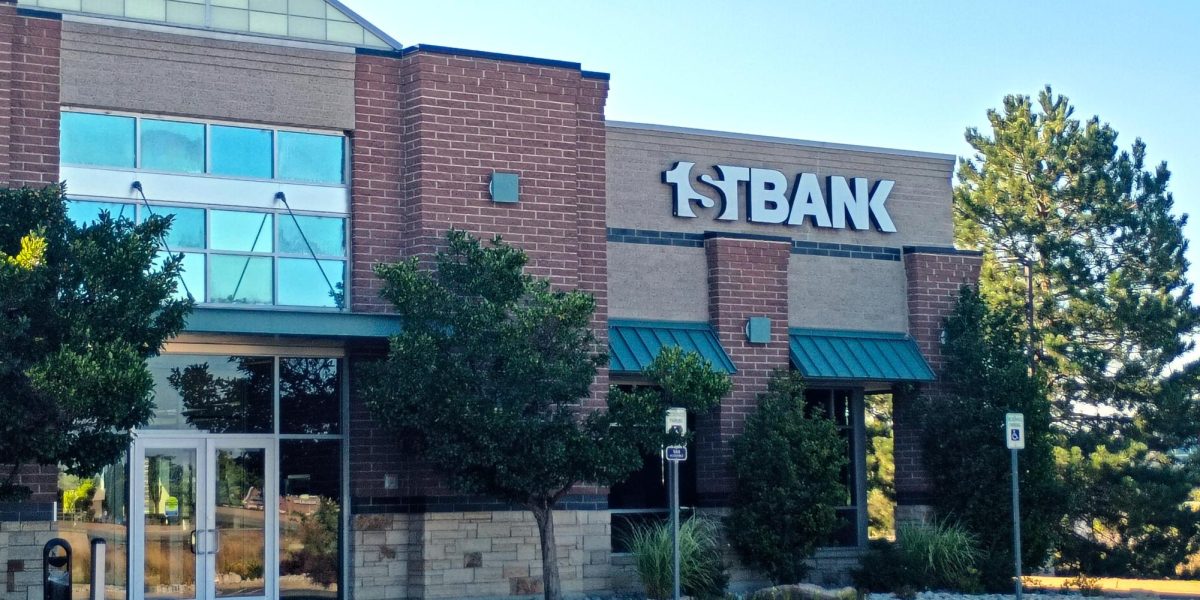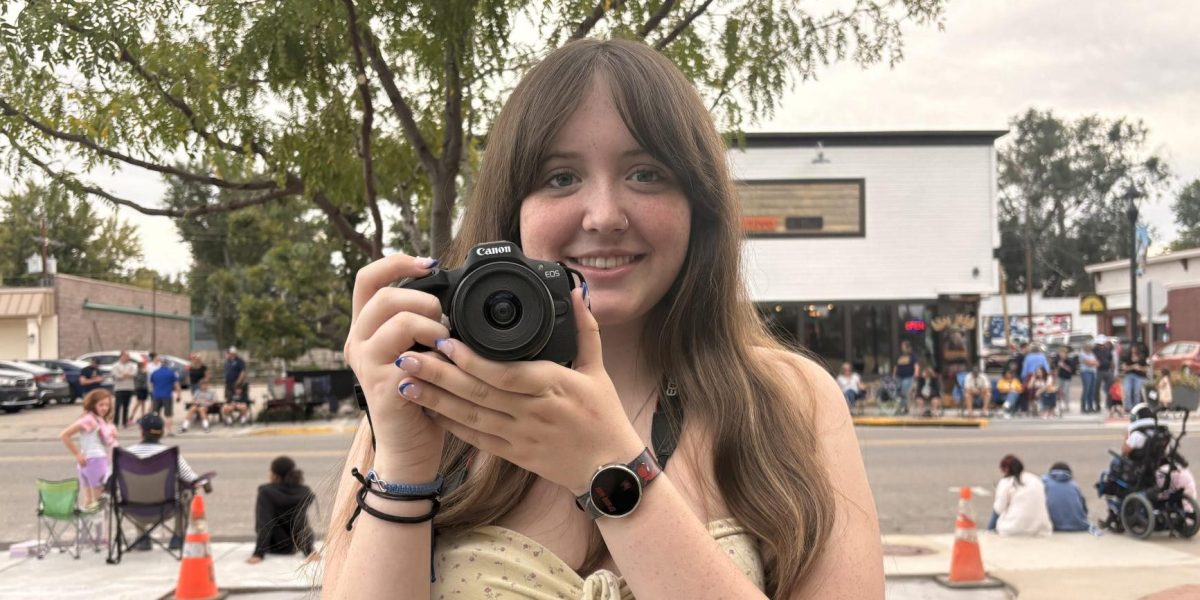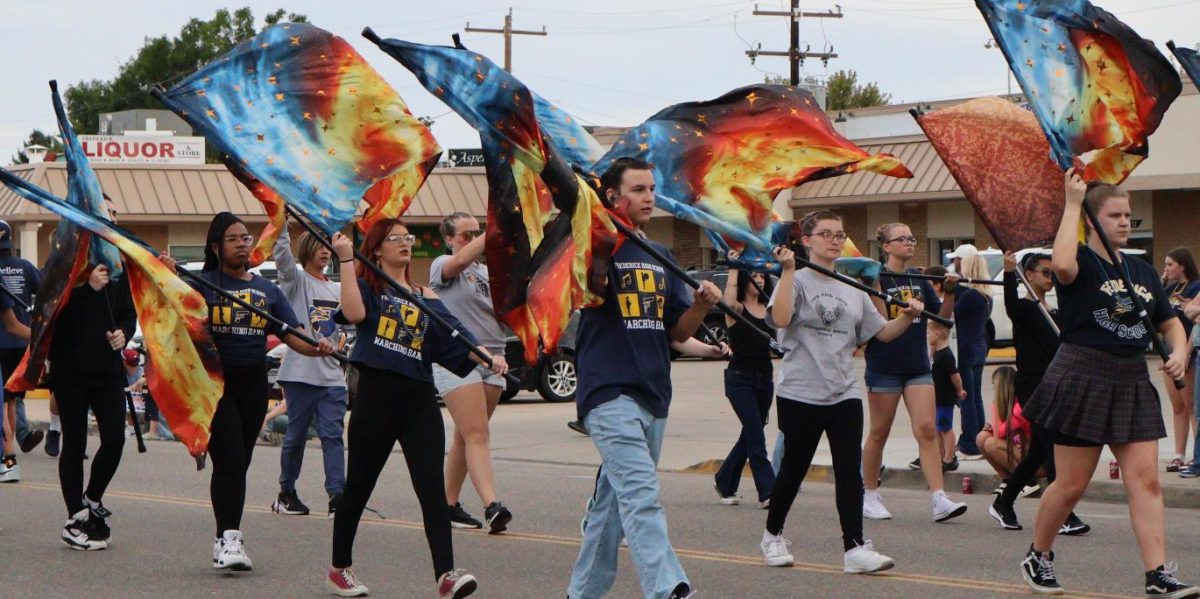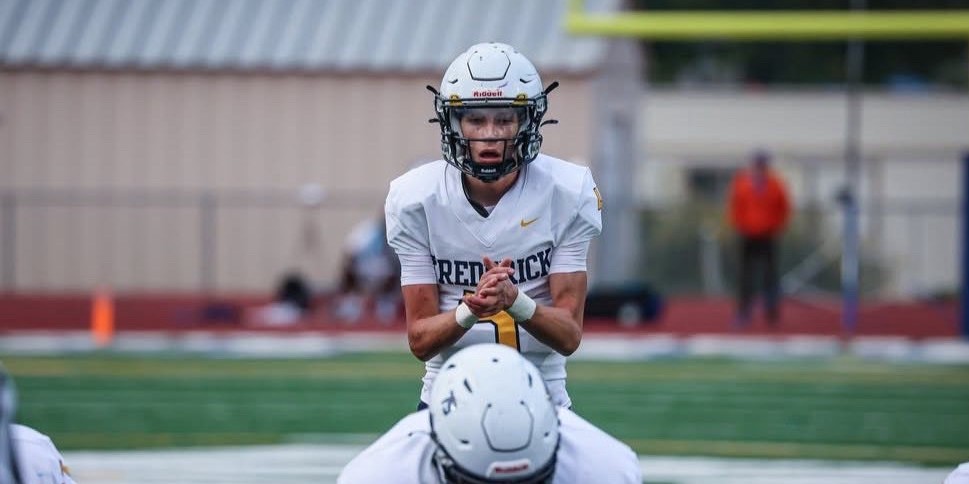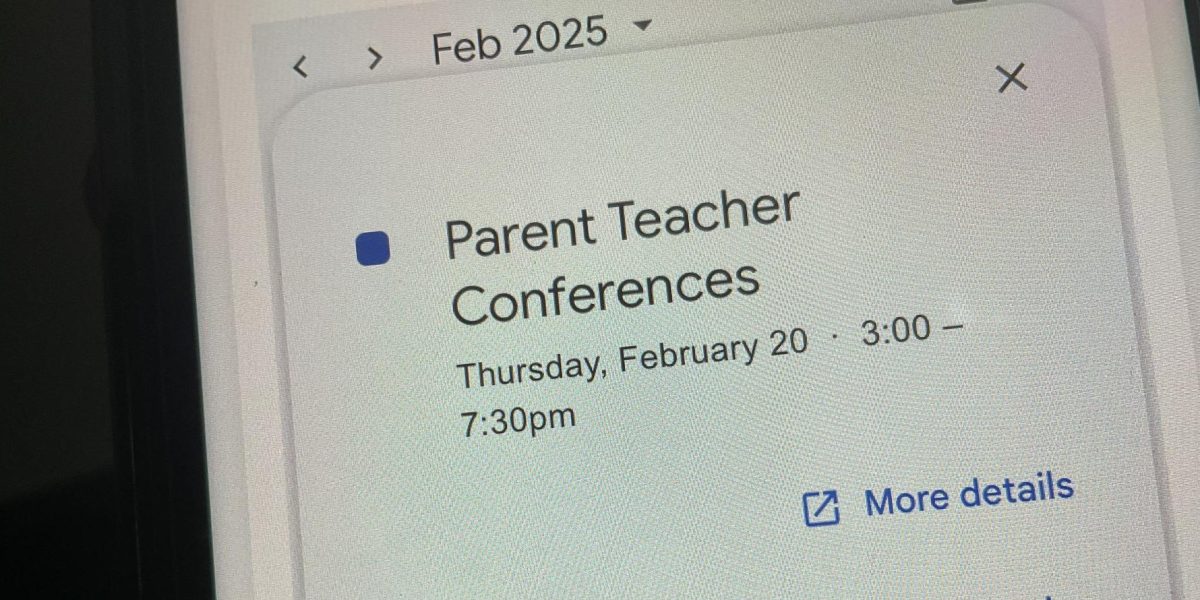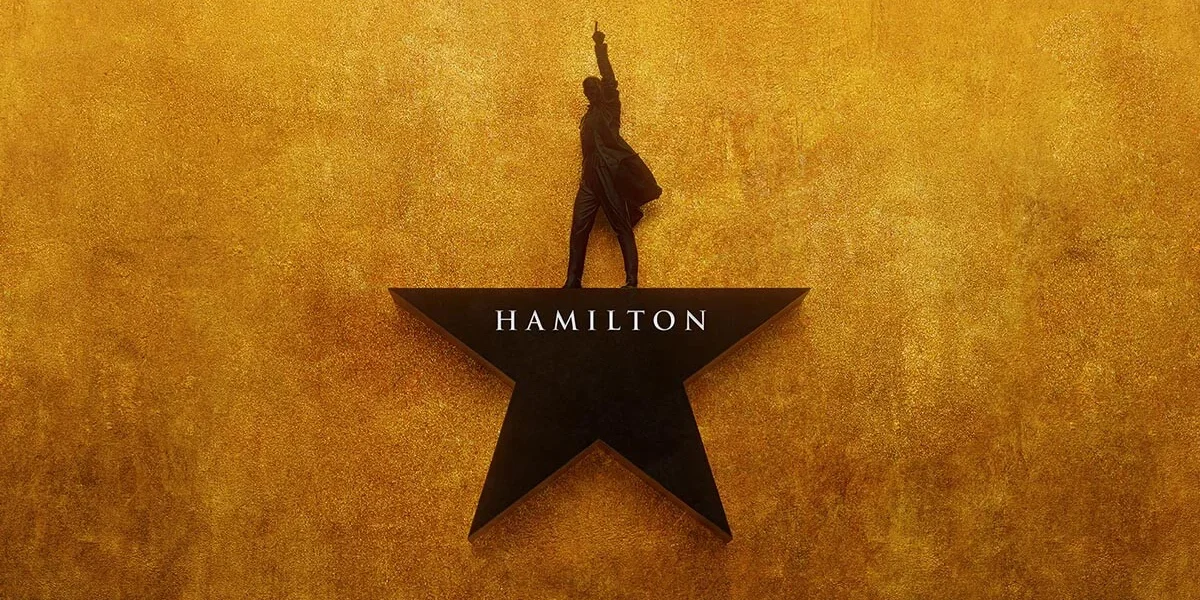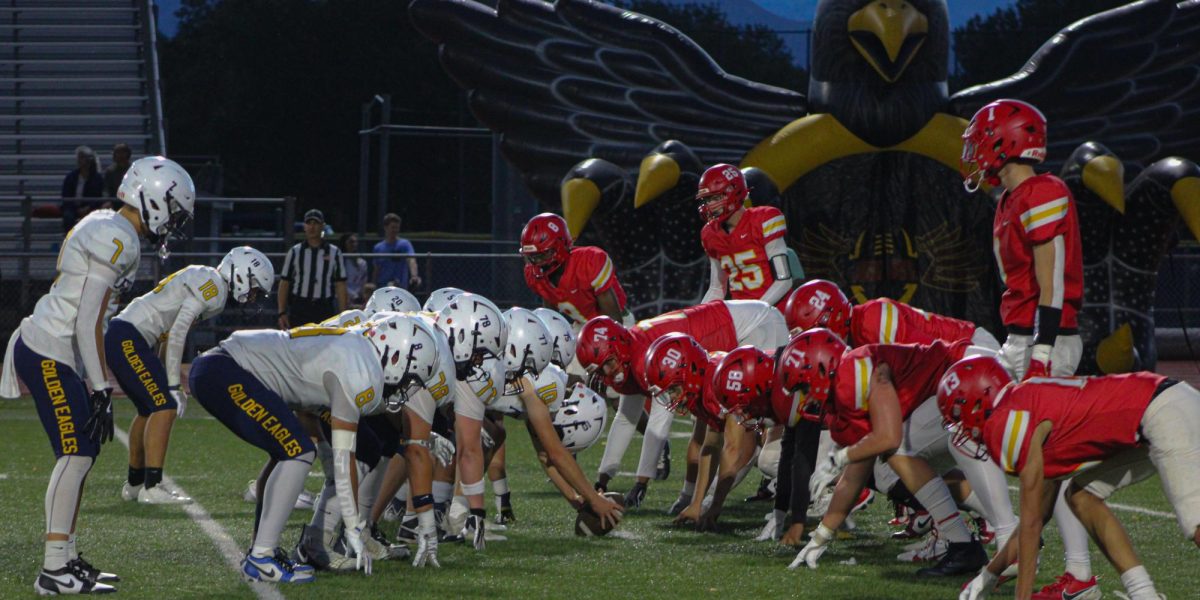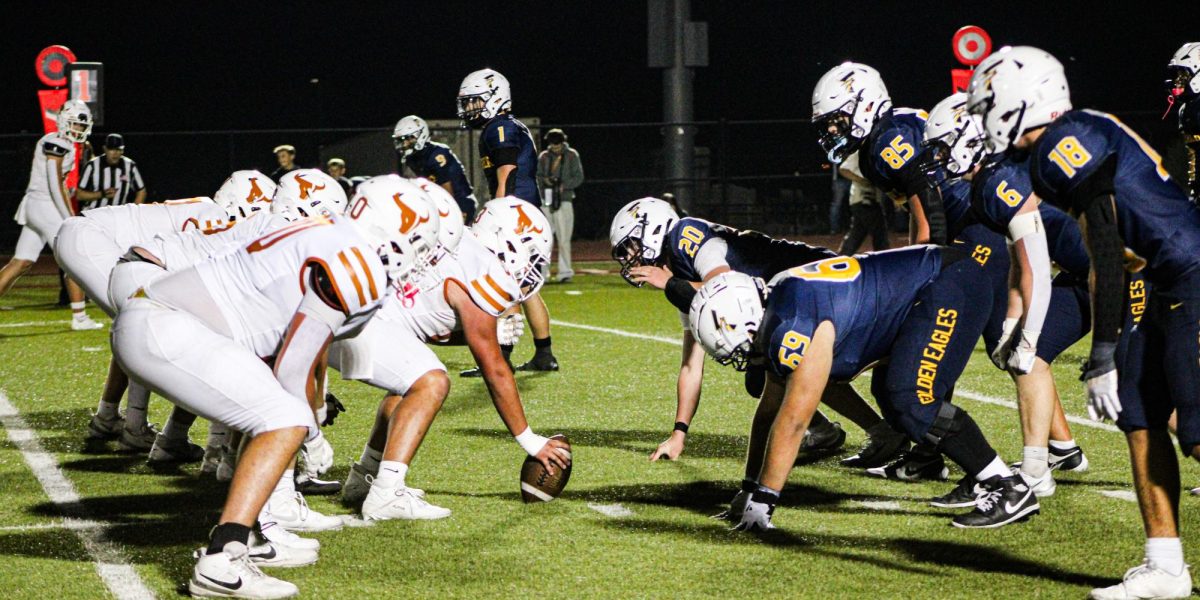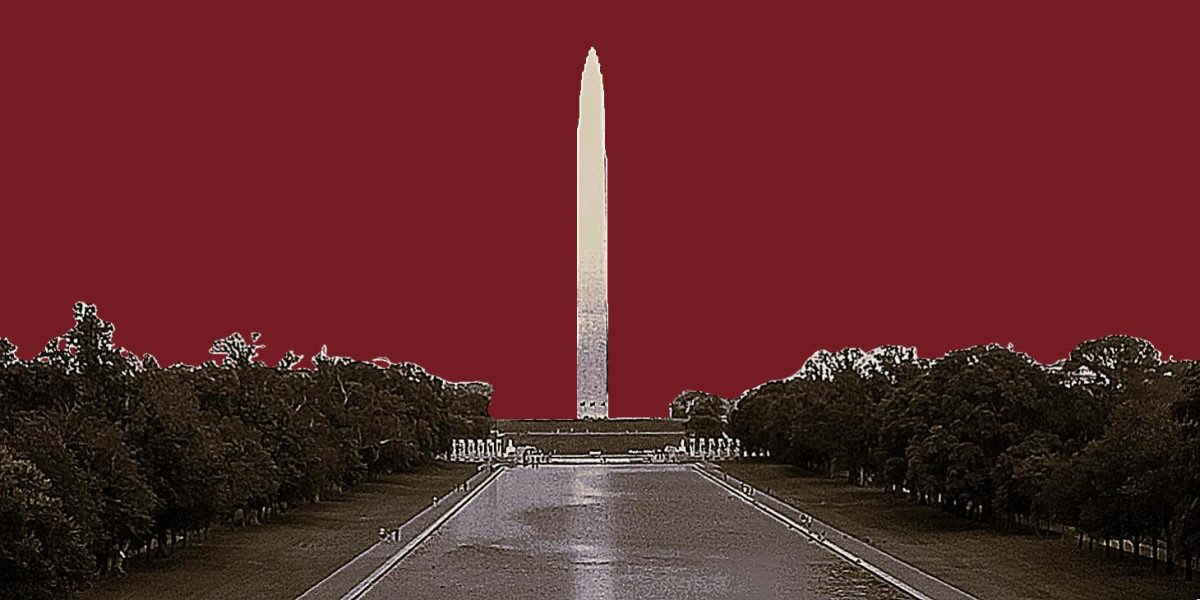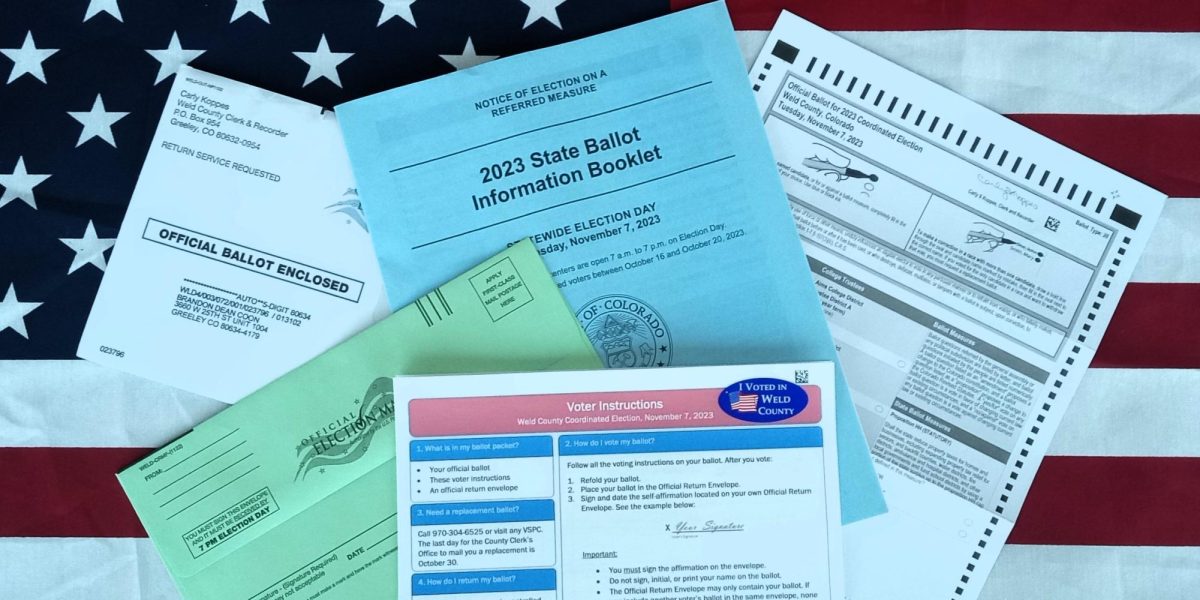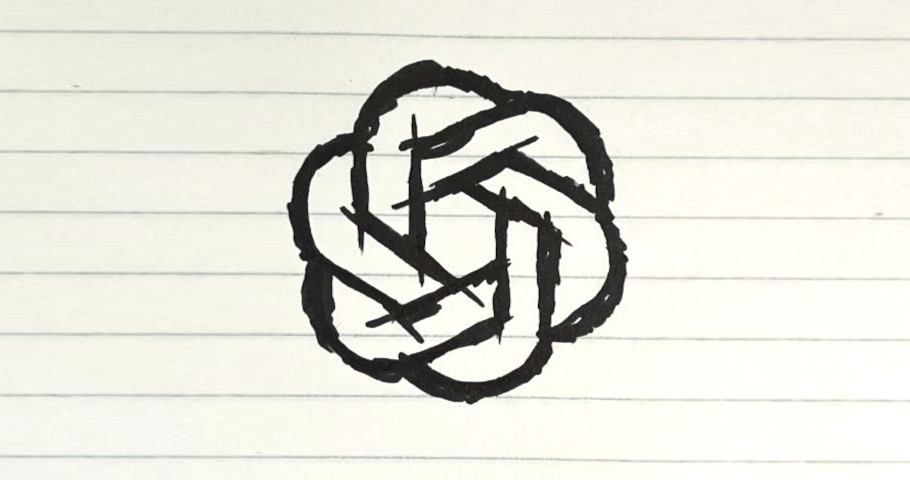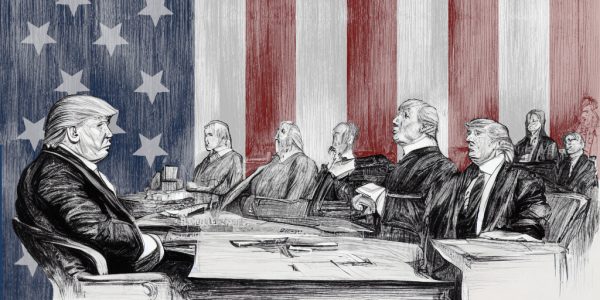
Next year will be very busy for Donald Trump.
Trump, who served as the forty-fifth U.S. president from 2017 to 2021, became the first U.S. president to be charged with a crime in March 2023. He was then charged again. And again. And again. In addition to civil lawsuits, Trump faces 91 felony counts and penalties of up to 717 years in prison and over $250 million in fines and damages. All of these legal challenges come down to seven court cases against Trump:
- The People of the State of New York v. Donald J. Trump, a state court indictment against Trump for improving his chances in the 2106 election by allegedly paying people for their silence (a violation of election laws) and then hiding those payments from the IRS
- United States of America v. Donald J. Trump, Walter Nauta, and Carlos de Oliveira, a federal court indictment over the removal and retention of classified documents by Trump after he left the presidency
- The United States v. Donald J. Trump, a federal court indictment that pertains to the alleged participation of Trump and several co-conspirators in a scheme to overturn the results of the 2020 elections through false claims to the public and interference with the electoral count on January 6, 2021
- The State of Georgia v. Donald John Trump et al., a state court indictment that pertains to the same alleged conspiracy as U.S. v. Trump but is specific to the violation of Georgia state law
- Doe et al. v. Trump Corp. et al, a civil lawsuit in New York against Trump and his children for their involvement in three fraudulent multilevel marketing schemes
- People of the State of New York v. Donald J. Trump, et al., a civil case that will be adjudicated by the New York Supreme Court regarding Trump and his children allegedly lying to both investors and the IRS regarding the value of Trump properties
- E. Jean Carroll v. Donald J. Trump (Carroll II), a civil lawsuit over the continued defamation by Trump of writer E. Jean Carroll
That’s a lot of legal entanglements, and with so many cases happening at once, it’s easy to get confused as to what charge applies to what case. Luckily, The Lantern is here to shine a light on what these seven cases are, what makes them different, and what they might mean for Donald Trump.
Breaking Down the Legalese
To understand the scope of Trump’s cases, it’s important to understand some legal terminology. Trump is facing two types of cases: criminal court cases, in which Trump is accused of breaking laws that harm the government and its people, and civil court cases, in which Trump is accused of harming specific people by breaking laws. Criminal court cases can only be filed by a government official like a district attorney; anyone can file a lawsuit in civil court. Criminal court cases can result in jail time; civil court cases cannot and usually involve financial restitution. Criminal court cases require evidence “beyond a reasonable doubt” to convict; civil court cases only require a “preponderance of the evidence,” i.e., that the case to convict is stronger than the case not to convict.
Three of the seven Trump cases are civil lawsuits – one filed by an individual, one filed by four anonymous individuals, and one filed by New York Attorney General Letitia James on behalf of hundreds of defendants acting together as a “class.”
The four criminal court cases are a little more complex. Since Donald Trump is a former president, he cannot be charged like everyday citizens – this isn’t just a special privilege for him but is also for a majority of politicians, judges, and police officers. The reasoning behind this special privilege is that these individuals are responsible for making and upholding laws, and a false accusation of a crime could damage their reputation unjustly and damage the public trust in the fairness of the legal system.
Instead of a government lawyer just charging these people with crimes, they convene a grand jury – just like a regular trial jury, this is a group of everyday citizens, but instead of deciding guilty or not guilty, they look at the prosecutor’s evidence of a crime and decide if there is enough of a reason (probable cause) to charge the individual of the crime. If they recommend to the government prosecutor that they should charge the individual with a crime, they issue an indictment. This process is not just enshrined in American legal practice, it’s in the Fifth Amendment to the United States Constitution:
“No person shall be held to answer for a capital or otherwise infamous crime unless on a presentment or indictment of a grand jury, except in cases arising in the land or naval forces, or in the militia, when in actual service in time of war or public danger; nor shall any person be subject for the same offense to be twice put in jeopardy of life or limb; nor shall be compelled in any criminal case to be a witness against himself, nor be deprived of life, liberty, or property, without due process of law; nor shall private property be taken for public use, without just compensation.”
This means for Donald Trump four criminal cases, for Grand Juries of everyday citizens were gathered, and all four decided on indictment, meaning that prosecutors of all four of these cases have gathered sufficient evidence and probable cause. For Trump’s New York case, the prosecutor is Manhattan District Attorney Alvin Bragg. For Trump’s Georgia case, the prosecutor is Fani Willis, the District Attorney for Fulton County, Georgia – since the alleged crimes happened in the state capitol of Atlanta, which resides in Fulton County, she has jurisdiction. Trump’s two federal cases are being prosecuted by Jack Smith, a Special Counsel for the United States Department of Justice – Smith was chosen as a prosecutor by Attorney General Merrick Garland because he is not a Biden or Trump appointee and would be seen as politically neutral.
Hush Money on the Hudson: State of New York v. Trump
Trump’s first indictment came on March 30, 2023, when a grand jury in New York City recommended charges against Donald Trump for criminal activity in New York. This resulted in Manhattan DA Alvin Bragg indicting Trump on 34 felony charges of falsifying business records in the first degree. When he was arraigned on April 4, Trump pled not guilty. His trial before the Honorable Judge Juan Merchan is scheduled to begin on March 25, 2024.
So what led to these charges? Back in 2016, Trump was running for president against Hillary Clinton, the then-Secretary of State. Trump’s election team didn’t want his chances of getting elected to be brought down by the media finding out about his past indiscretions, specifically his many marital affairs. Michael Cohen, Trump’s personal lawyer at the time, made hush money payments to silence women who claimed to have had affairs with Trump, including former Playboy model Karen McDougal and adult film actress Stephanie Clifford (known by her industry moniker Stormy Daniels). These hush money payments were exposed when Clifford went public about the payments after the election.
None of this is alleged – Michael Cohen was found guilty in 2018 of violating campaign finance laws with these payments in addition to tax evasion, lying to a financial institution, and lying to a congressional committee (all committed in order to hide the hush money payments). It was at this time that Cohen alleged that he made all his hush money payments not as a result of his personal desire for Trump to win (as he originally claimed) but at the request of Donald Trump.
The grand jury was called to investigate this claim – that Trump was behind Cohen’s attempt “to conceal damaging information and unlawful activity.” The indictment handed down from that grand jury alleges that Trump created false ledger entries and invoices related to reimbursing Michael Cohen for those hush money payments. The indictment contains 34 counts, each relating to a specific invoice, ledger entry, or check stub that the DA’s office alleges was falsified. In order to convict, the prosecution must convince a jury beyond reasonable doubt that Trump knowingly participated in Cohen’s crimes. Since Cohen has already been tried for these crimes, this is the only indictment where Trump has no co-conspirators on trial with him.
Missing Files in Florida: US v. Trump, Nauta, and de Oliveira
Trump’s next indictment happened on June 8 in response to Donald Trump’s retention of classified documents from his time as president after he left office. While selected government officials have access to classified documents while working for the government, they must relinquish all classified materials upon retiring or leaving office. Presidents specifically have to return their materials to the National Archives, which have records of what materials (classified and otherwise) Trump had access to during his presidency. After Trump left office, they noticed that Trump and his legal team had not returned all the documents on their list.
After several requests by the National Archives, Trump’s legal team gave the archives 100 documents in May 2022 and attested that all outstanding documents had been returned. Given that the National Archives still hadn’t gotten back all the documents it knew it was missing, it contacted the FBI, who conducted a raid at Trump’s Mar-a-Lago estate in Palm Beach, Florida on August 8, 2022. The FBI found over 300 classified documents, including some locked in Trump’s personal desk and several piled messily in unsecured areas.
The Department of Justice assembled a grand jury to investigate, yet this case was a peculiar challenge for Special Council Jack Smith. Normally, a prosecutor provides all the evidence to the grand jury to try to secure a conviction, yet the evidence in this case is mostly classified – and a grand jury of normal citizens isn’t cleared to look at classified documents. Ultimately, Smith and his team chose 31 of the hundreds of documents that they were comfortable with the grand jury examining. The grand jury came back with a 49-page indictment recommending 37 counts — 31 violations of the Espionage Act for each of the documents they got to examine plus charges of obstruction of justice and making false statements to the government.
The original indictment targeted Trump and his valet Walter Nauta – as a valet, Nauta was ultimately the one to direct the movement and concealment of the records. In July, a superseding indictment was filed, adding three more charges and another defendant: Carlos de Oliveira, the property manager of Mar-a-Lago who allegedly deleted video evidence of the documents being moved after an FBI subpoena for the footage. Trump and Nauta were arraigned on June 13 and de Oliveira on August 10, and all three have pled not guilty. Their trial is scheduled for May 2024 and is currently being presided over by U.S. District Judge Aileen Cannon, a Trump appointee who has been reprimanded for giving special legal privileges to Trump in the past.
In order to convict, the prosecution must convince a jury beyond reasonable doubt that Trump knowingly withheld the documents from the National Archives and, along with Nauta and de Oliveira, failed to secure them properly and conspired to hide the documents from the government. While Trump does not deny that he had all the documents at Mar-a-Lago, he maintains that his possession of the documents was not illegal and that they are, in fact, his property.
Certification Conspiracy: US v. Trump
Donald Trump ran for president in 2020 and lost both the popular vote and Electoral College to Joe Biden. Instead of conceding to the election winner (like every losing presidential candidate before him), Donald Trump claimed that the result was fraudulent and that he actually won the election. Trump and his allies filed (and lost) 63 lawsuits against states he felt that he won despite the vote count and incited his followers to demand recounts across the nation.
Trump’s claim that he was robbed of the presidency – later known as The Big Lie – reached a fever pitch on January 6, 2021, the date proscribed by the Constitution when the electoral count is certified. While voting seems to be a simple process – count the votes and the biggest number wins – the Electoral College complicates things. Here’s how the count works: Each state gets a certain number of elector spots based on population. Each state holds the November election for president every four years, and whichever party gets the most votes in that state gets to pick the people to serve as electors for that state. Those electors (270 in total) then travel to Washington, D.C., and vote for their presidential candidate. This vote is then certified by Congress and the new president is chosen.
According to the indictment, Donald Trump tried to prevent this certification in three ways. First, he asked several congress members to object to the certification of the electoral votes from states like Arizona, Georgia, and Pennsylvania that Trump believed he won despite the actual result. At the same time, he allegedly conspired with former CU professor John Eastman and several cronies to appoint “alternative electors” in some states where Democrats won the right to appoint electors – these electors were to vote alongside the rightfully appointed electors in order to cause chaos, allowing for Vice President Mike Pence to throw out any contest electors and allow Trump to win. Finally, Trump’s assertions that he lost the election directly inspired his followers to attack Capitol Hill and the congressional chambers to literally intervene in the certification.
Extensive hearings into these allegations were investigated by the House of Representatives January 6 Committee in 2022, and the findings of the committee went to a grand jury in Washington, D.C. The grand jury returned an indictment that was issued by Jack Smith on August 1. Despite around a dozen counts suggested by the grand jury, Smith only charged Trump with four:
- Conspiring to defraud the United States (Trump’s push of the Big Lie interfered with the legal collecting, counting, and certifying votes)
- Attempting to obstruct an official proceeding (Trump’s actions attempted to disrupt the January 6th certification)
- Conspiring to obstruct an official proceeding (the same as the last count, but it concerns the plan to obstruct instead of the actions to obstruct)
- Conspiring against the people’s civil right to have their vote counted (Trump’s actions led to people being threatened and intimidated to unlawfully interfere with the right of Americans to have their vote counted)
Trump is the only defendant in this case – while there are six unnamed coconspirators, Trump is the only one on trial in an effort to expedite his case. In order to convict, the prosecution must convince a jury beyond reasonable doubt that Trump knew he lost the election and took illegal actions – from intimidating congressmen to working on the fake elector scheme – to stay in power anyway. Since other trials around the events of January 6th have been tried, Trump cannot deny that the insurrection, vote intimidation, and false elector scheme happened – instead, his defense will revolve around his claim that he truly believed he won the election and was not involved in any conspiracies. Trump was arraigned on August 3, and he pled not guilty. His trial begins on March 4, 2024, and will be presided over by U.S. District Judge Tanya Chutkan in Washington, D.C., despite the Trump team’s attempt for a change of venue.
Southern Discomfort: Georgia v. Trump, et al.
In his attempts to keep the presidency, Donald Trump tried to intimidate Georgia officials with lies and falsified documents in order to get them to give Trump their electoral spots… at least that’s what Trump’s fourth criminal indictment claims. In the weeks after the election leading up to the January 6th Electoral Certification, Trump and his allies allegedly petitioned Georgia officials to manipulate Georgia’s election results in Trump’s favor, so he could secure the presidency. These allegations broke after Georgia Secretary of State Brad Raffensperger publically released a January 2021 phone call between himself and Trump, during which Trump asked Raffensperger to throw out Black votes in Fulton County, Georgia, and to “find” pro-Trump votes that did not exist:
“All I want to do is this: I just want to find 11,780 votes, which is one more than we have. Because we won this state, and flipping the state is a great testament to the country [. . .] I only need 11,000 votes. Fellas, I need 11,000 votes. Give me a break.”
Unlike the Washington case, where prosecutors only charged Trump to make the trial quicker, the Georgia grand jury recommended two dozen co-conspirators be charged along with Trump – Fulton County DA Fani Willis ultimately only charged 18 additional co-conspirators, including Trump lawyers John Eastman and Rudy Guiliani. This allowed Willis to charge all defendants with Georgia’s Racketeer Influenced and Corrupt Organizations (RICO) Act. Under RICO, if one conspirator can be charged with a felony, all the others can be charged with that felony too… and with 41 charges being filed (13 against Trump alone), odds that the conspirators are found guilty on at least one count is high.
Unlike the other criminal indictments, the Georgia indictment has gone out of its way to ensure that Trump and his co-conspirators are afforded no special treatment. Unlike the other indictments, Trump wasn’t merely arraigned – he was booked like any other alleged criminal, complete with fingerprinting and a publicly released mugshot. This has led to criticism from Trump supporters like Ohio congressman Jim Jordan, who accused Willis of demeaning Trump for partisan political reasons; Willis responded with a scathing nine-page letter, stating in part, “I tell people often ‘deal with reality or reality will deal with you’ [. . . ] Face this reality, Chairman Jordan: the select group of defendants who you fret over in my jurisdiction are like every other defendant, entitled to no worse or better treatment than any other American citizen.”
Trump and his 18 co-defendants pled not guilty, and the trial will be presided over by the Honorable Judge Scott McAfee in the Superior Court of Fulton County (a trial date has yet to be chosen).
Liability, Lies, and Libel: The Civil Court Cases
Less critical to Trump’s future in government but still important are the three current civil lawsuits filed against Donald Trump. This is not out of the ordinary for Trump: he or the Trump Corporation have been involved in at least 3,500 legal suits, ranging from workers suing for unpaid wages to women suing for alleged sexual assault. However, these three suits are notable because they are being tried at the same time as the criminal cases, leading to further complications for Trump and his legal team.
Doe et al. v. Trump Corp. et al.
In 2005, Donald Trump started endorsing a business called American Communications Network Opportunity LLC (ACN) on his reality show The Apprentice. ACN is a communications service and sells its own brand of landline phones, cell phones, satellite TV service, satellite internet service, and video phones. ACN is also a multilevel marketing company that promises high profits while actually bankrupting its salespeople – one of the plaintiffs in this case spent $4600 on training and products only to make $38 over the course of an entire year (as she discovered, it’s hard to sell an ACN phone when it will only call and receive calls from another ACN phone).
Over the ten years, Donald Trump endorsed the company on television, in interviews, and at live events. He and his children Eric, Don Jr., and Ivanka (who started endorsing the company too) were paid $8.8 million by ACN. Four anonymous plaintiffs who were bankrupted by ACN sued Trump and his kids for “fraudulent, misleading, and deceptive statements that induced the plaintiffs to enter into business” with ACN. To get the case to trial sooner, the plaintiffs dropped the charges against Trump’s kids and are just suing Trump and his “Trump Institute.” In order to win the case, the plaintiffs must show that Trump knew ACN was ripping off its customers and that he promoted them anyway. The case will be tried in the Southern District of New York beginning on January 29, 2024.
People of the State of New York v. Donald J. Trump, et al.
On the presidential debate stage in 2016, Hillary Clinton accused Donald Trump of not paying his federal income tax for several years, Trump retorted, “That makes me smart.”
According to a lawsuit filed by New York Attorney General Letitia James, one of the reasons Trump paid little to no taxes was tax fraud. To avoid taxes on several of his properties, Trump, and the Trump Corporation, claimed fake financial losses, lower property value rates than were true, and even smaller square footage measurements than reality. At the same time, Trump and his eldest children did the exact opposite when trying to court investors to put money into the same properties – they allegedly claimed higher property values and larger square footage.
This case against Trump has been building for years. In August 2022, a similar trial against longtime Trump Corporation CFO (and Trump’s personal accountant) Allan Weisselberg found him guilty of tax fraud – he was sentenced to $2 million in damages and five months in jail at Riker’s Island (where the 75-year-old only served three months). In April, Trump was in a deposition for nearly seven hours, resulting in a transcript over 400 pages long. The deposition reveals what may be Trump’s defenses in this case: that his property valuations were accurate, that any incorrect valuations were the fault of the CEO he put in charge when he assumed the presidency (his son Eric), and that the lawsuit is politically motivated and should be thrown out. To convict, the prosecution must prove Trump and his children were behind the fraudulent numbers, and if convicted, Trump will have to pay $250 million in restitution and will never be allowed to run a business in the state of New York again. After being denied a trial delay on September 6, the trial will begin on October 2.
E. Jean Carroll v. Donald J. Trump (Carroll II)
While on the 2020 campaign trail, several women alleged that Donald Trump sexually abused or raped them. Given that most of the women alleged that criminal behavior happened decades ago, they couldn’t file a criminal suit against Trump (as the crimes were outside the statute of limitations). In response, Trump belittled and derided his accusers in public.
One of these victims was E. Jean Carroll – in 2019, Carroll accused Trump of having sexually assaulted her in 1996. Trump countered this by calling Carroll a liar, a “whack job,” and “not my type.” On Anderson Cooper’s show, he went beyond this to suggest that Carroll asked to be assaulted. When these insults led to Carroll to be harassed by Trump’s supporters, she sued Donald Trump for defamation with intentional malice.
In May, a jury not only ruled in favor of E. Jean Carroll, but they asserted that she was sexually assaulted by Donald Trump, making it impossible for him to claim his assault as “alleged.” The jury awarded Carroll $5 million. Trump appealed, and in July, he lost the appeal and the judge reaffirmed that Trump could no longer attack Carroll in public.
Yet Trump continued his harassment, bemoaning the verdict at public rallies and continuing to accuse Carroll of lying on social media. When he refused a cease and desist from Carroll’s lawyer, Carroll sued Trump again, this time for not just defaming her but for doing so after being ordered by the courts to stop. Trump has tried to both countersue and dismiss “Carroll II” (as the new lawsuit is being called), but on September 6, U.S. District Judge Lewis Kaplan dismissed both motions and instead decided that Trump is liable for the continued harassment of E. Jean Carroll. While this means Carroll has won the second suit, the trial isn’t over yet, as on January 15, 2024, a trial will be held not to determine Trump’s guilt in the case but how much in damages he’ll have to pay Ms. Carroll.
What’s Next?
Indicting a U.S. president, former or current, is no simple task. It will set extraordinary legal precedents, significantly altering or even undermining existing concepts of presidential immunity for acting presidents, and potentially expanding judicial equality to a degree that it perhaps even abolishes the levels of customary deference afforded to former Presidents. Everything must be done perfectly. Every step, every process, must be scrutinized because there are real stakes in the situation. This is no run-of-the-mill accusation of a crime. Any error in this process will be magnified and have consequences for the fundamental laws of American society.
The implications of the outcomes of these indictments will have colossal political ramifications, potentially further polarizing America regardless of the outcome. Regardless of whether the allegations are true, the nation is watching, and the outcome could change the United States.

